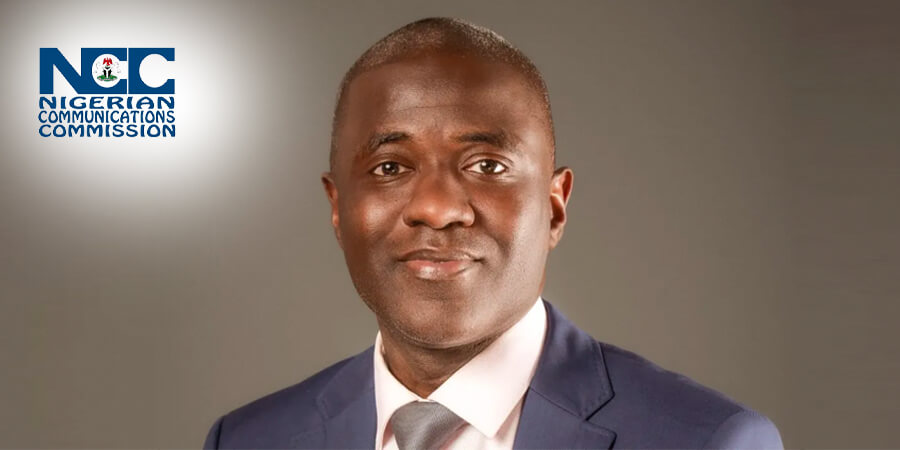Application-to-person (A2P) messaging has evolved into a crucial tool in today’s telecommunications landscape, enabling businesses to engage directly with consumers through text messages. From financial alerts and healthcare reminders to marketing campaigns, A2P messaging facilitates seamless communication. However, while it offers immense potential, it also comes with significant challenges such as fraud, spam, data privacy violations, and an imbalance in value distribution within the ecosystem.
Recently, the Nigerian Communications Commission (NCC) introduced a draft A2P Licensing Framework, aiming to create a well-regulated environment where A2P messaging can thrive. Dr. Aminu Maida, the Executive Vice Chairman of the NCC, highlighted during a Virtual Stakeholders’ Forum the importance of A2P messaging as a driver of efficiency and socioeconomic development. As he noted, “A2P has become the go-to platform for businesses to send notifications, whether transactional, promotional, or service-related, directly to consumers.”
While the benefits of A2P messaging are undeniable, the rise of fraud and privacy violations threaten the trust that consumers place in these services. Recognizing this, the NCC has taken steps to address these concerns by convening a forum to refine the framework in collaboration with stakeholders. Dr. Maida emphasized the necessity of a robust regulatory approach, stating, “We want to hear from you—your perspectives, experiences, and recommendations—so that together, we can refine this framework to ensure it meets the needs of all of us.”
The proposed framework is not just about enforcing rules but about creating a balanced environment where businesses can innovate while protecting consumer rights. By addressing fraud, ensuring data privacy, and encouraging fair competition, Nigeria can unlock the full potential of A2P messaging to drive economic growth and improve digital inclusion.
As Tony Izuagbe Emoekpere, President of the Association of Telecommunication Companies of Nigeria (ATCON), remarked in support of the draft framework: “The current tariff structure has remained stagnant for years, despite rising costs. A 100 per cent hike may appear steep, but it is necessary to match the realities of the telecom industry.” Similarly, by investing in infrastructure and protecting telecom assets, the NCC can reduce the risks of vandalism, creating a more secure and reliable environment for innovation.
In conclusion, the A2P Licensing Framework is a timely initiative that reflects the need for responsible regulation in a rapidly evolving digital space. By engaging stakeholders and ensuring a fair distribution of value, Nigeria can harness the full potential of A2P messaging to foster economic growth and improve communication for all its citizens. It is imperative that this framework strikes a balance between innovation and protection, laying a solid foundation for the nation’s digital future. As the NCC continues to refine this framework, it must remain committed to transparency and collaboration to ensure that the voices of all stakeholders are heard and valued.




